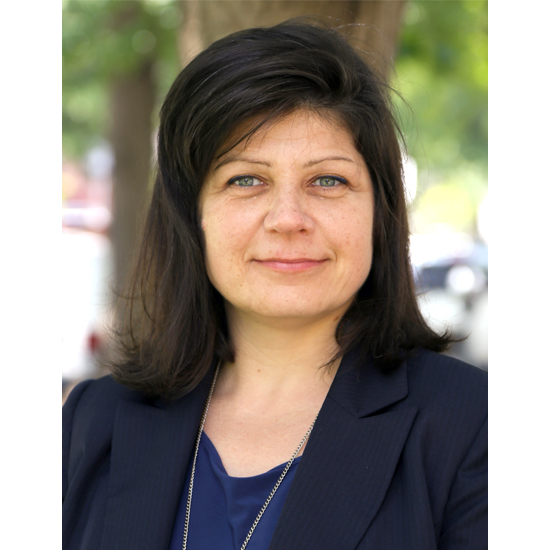
25 Aug HRH2030 Director’s Digest: September 2019
September 2019: Transforming Health Education
Dear Colleagues,
Ah, September. In this part of the world, this is the month when many children head back to school for the start of a new school year. Young adults head off to college to begin their undergraduate programs, and others (of all ages) pursue higher education or vocational studies. A recent blog by my colleague Rachel Deussom, on transforming education for health professionals to better serve youth, has got me thinking about the importance of professional education on many levels.
The global health sector is growing rapidly with almost 40 million new jobs set to be created by 2030, jobs that call for an educated workforce. And it’s not only those entering the workforce who need to be equipped with a great education, it’s also those who are already serving in the profession! With seemingly daily technological change and enhanced global knowledge-sharing, the health system is ever-transforming. Just last month, for example, we learned about new treatments for Ebola that are successfully saving infected patients’ lives. This news came at the same time that our One Health activity was wrapping up a multi-partner Ebola preparedness and response exercise in Tanzania. All those working on Ebola will need to be educated about the new vaccine.
The fight against malaria is another area in global health that is constantly evolving with new tools and approaches. It’s important that health workers dedicated to malaria control and elimination, like those in our Capacity Building for Malaria activity, keep current with new innovations, especially as malaria vectors adapt to changes in the environment.
Conferences and convenings, such as the recent Colombian Congress on the Prevention and Care of Child Abuse, are one way that health professionals learn of the latest developments in the sector. Academic journals and professional publications are another. Technical briefs and case studies from all of us working in the global health community are additional sources of learning. And in-service education is a critical step in the lifecycle of a professional health worker. But what about community health workers, often not part of the formal health system and less educated than their professional peers?
There are no easy answers to that last question. But as we move forward in our efforts to strengthen the health workforce, we continue to look for ways to transform health education. And on a personal note, I’ll be looking to enhance my own learning when the UN General Assembly convenes the High-Level Meeting on UHC later this month, as there are many opportunities for peer-to-peer learning during various UNGA convenings. If you’re heading that way, too, I hope to see you there.
Warm regards,
Wanda Jaskiewicz
Project Director, HRH2030






